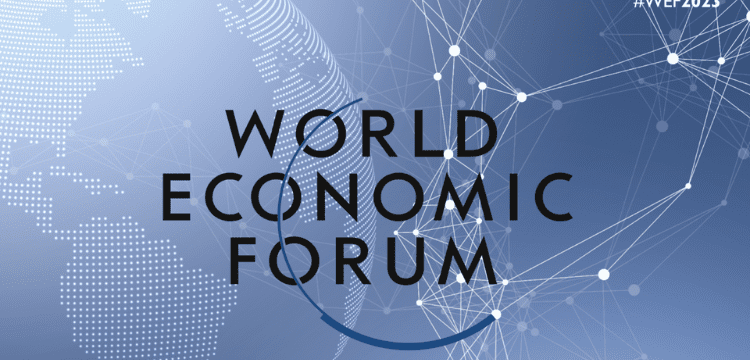[vc_row][vc_column][vc_column_text dp_text_size=”size-4″]The World Economic Forum (WEF) has released a report on trends and technologies that may have an impact on the global job market, including Pakistan, and predicts that artificial intelligence (AI) and big data will be critical for companies’ global skill strategies.
According to the World Economic Forum’s Future of Jobs Report 2023, 83 million jobs will be lost globally over the next five years, with some jobs, such as bank tellers, data entry clerks, and accountants, becoming obsolete.
Also Read: Meta intends to cut thousands of jobs starting this week
The Future of Jobs report, which was released on Monday, is a comprehensive analysis of the changing landscape of employment, focusing on emerging trends, technologies, and skills needed for the workforce in the coming years.
Global
According to the Report, 23 percent of jobs will change by 2027, with 69 million new jobs created and 83 million lost, and the green transition and localization of supply chains will result in net job growth. According to the report, cognitive skills such as analytical and creative thinking will be the most important for workers in 2023 and the next five years, with companies’ skill strategies focusing specifically on AI and big data.
According to the report, while reskilling and upskilling in green skills is increasing, it is not keeping up with climate targets.
Pakistan
The report provides an in-depth analysis of Pakistan’s and other countries’ performance, as well as data on the Future of Jobs in 2023 and how the job market will evolve over the next 5-7 years.

Pakistan has the world’s most pessimistic outlook, with lower skill stability than the global average. Short courses and online certificates are completed at a rate of less than 5% in the Republic of Korea and Switzerland, compared to more than twice the global average of 19% in Pakistan (41%), and Finland (40%). Given that 82% of companies plan to adopt education and workforce development technologies in the next five years, the proportion of employers considering micro-credentials is likely to grow.
45 percent of respondents are optimistic about talent development over the next five years. This is consistent with the report’s finding that Pakistan has lower skill stability, 44 percent, compared to the global average of 56 percent.
Almost half of companies believe that deploying education and workforce development technologies will result in job creation – optimism that rises to 70% in countries such as Egypt and Pakistan.
The working-age population in Pakistan is a notable 85.78 million, which signifies a vast pool of potential talent. The country’s labor force participation rate stands at 57 percent, with 55 percent of the workforce in vulnerable employment. However, the unemployment rate remains relatively low at 5 percent.
Also Read: McDonald’s to lay off hundreds of corporate employees
The report identifies several global trends and technologies that impact Pakistan’s job market, such as digital platforms and apps, big-data analytics, and education and workforce development technologies. These trends and technologies play a crucial role in driving industry transformation and creating new employment opportunities.
“For people around the world, the past three years have been filled with upheaval and uncertainty for their lives and livelihoods, with COVID-19, geopolitical and economic shifts, and the rapid advancement of AI and other technologies now risks adding more uncertainty,” said Saadia Zahidi, Managing Director, World Economic Forum. “The good news is that there is a clear way forward to ensure resilience. Governments and businesses must invest in supporting the shift to the jobs of the future through the education, reskilling, and social support structures that can ensure individuals are at the heart of the future of work”.
Mishal Pakistan, the World Economic Forum’s Country Partner Institute for the Centre for New Economy and Societies Platform, also announced plans to create a comprehensive report on the Future of Jobs in Pakistan in the third quarter of 2023.
“Pakistan has enormous potential to contribute to the global workforce,” said Amir Jahangir, Chief Executive Officer of Mishal Pakistan. We can better equip our population to excel in the global job market by focusing on strengthening our education system, investing in vocational and technical training, and cultivating an innovative culture, he added.[/vc_column_text][/vc_column][/vc_row]











